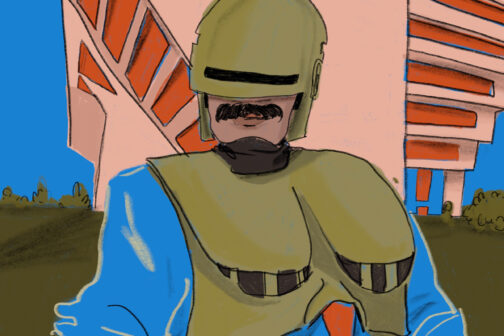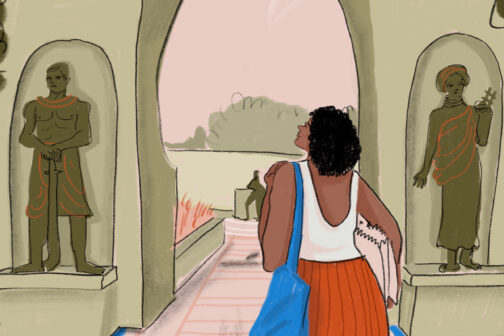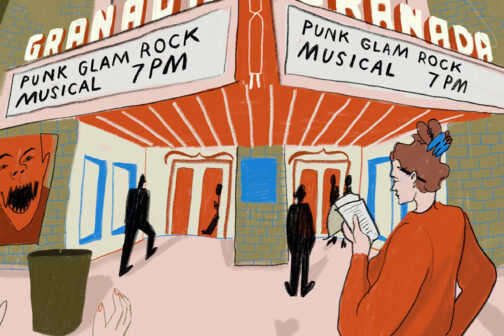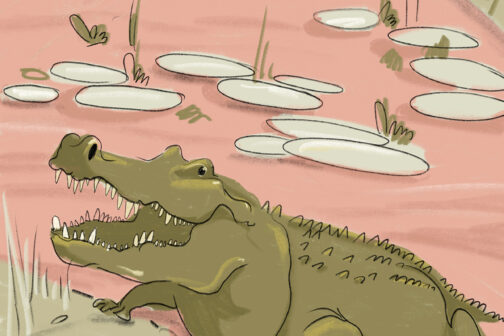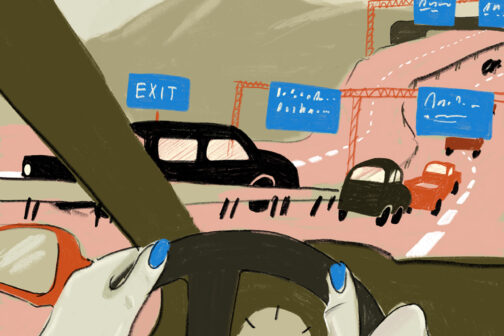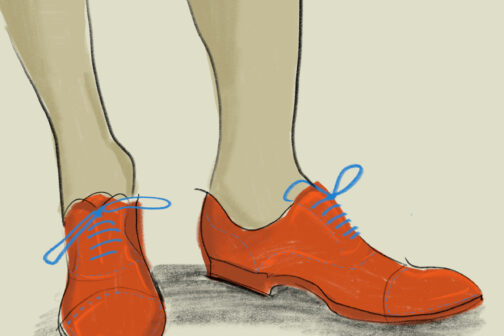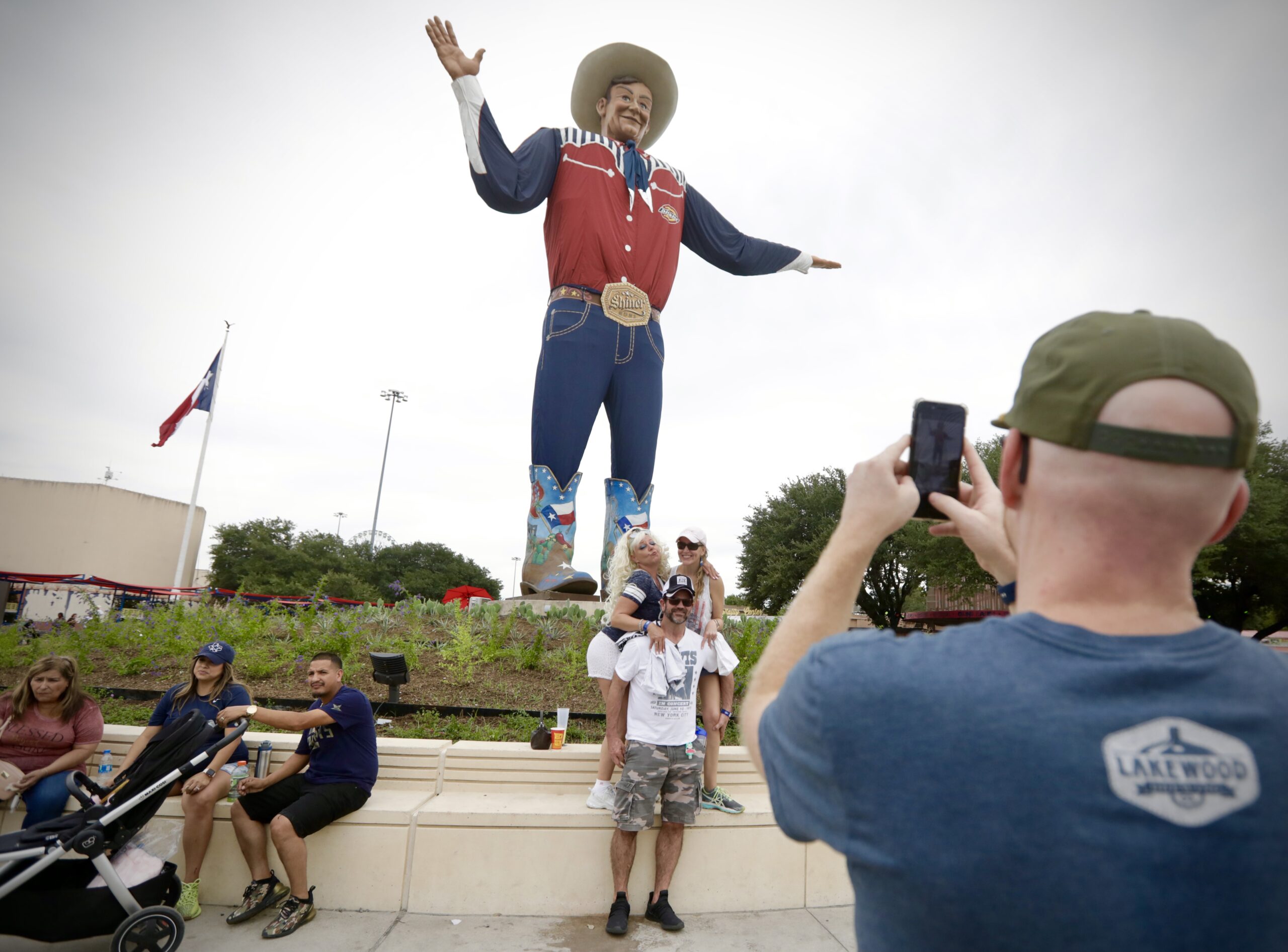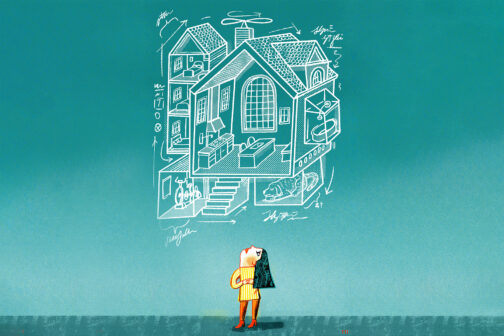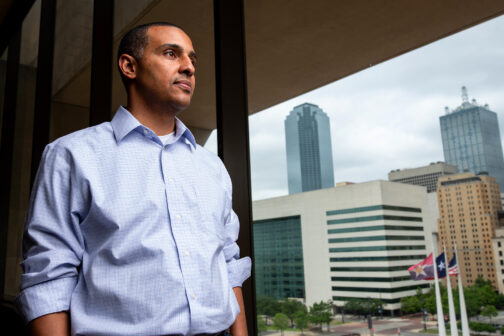Frank Foster was encouraged to take early retirement in January 2019 and decided his legacy was gathering dust in the bowels of Dallas City Hall.
For 40 years, Frank had been the unofficial mayor of City Hall. In early ’78, he was Hire No. 3 for building maintenance. In the Navy, he’d spent his time on the merchant ships of the Military Sea Transportation Service delivering equipment and supplies to the allies in Vietnam, and when Frank came home, he figured taking care of a building was a peaceful way to build a life in East Dallas and raise a family along the way.
He donned his blue collar a few months before the Hall opened to the public. The first mayor Frank worked for was Robert Folsom, who told stories of playing with three Heisman Trophy winners at SMU and pushed to break ground on Reunion Area, which meant Frank eventually got free tickets to see Brad Davis rocket bounce passes to Rolando Blackman several times a year.
But that was 10 mayors ago.
Now, if you unrolled a set of plans, you’d circle a section of basement that included a large storage area banded with chain link. After RoboCop wrapped in October ’86, the producers gifted Dallas a full-size costume (tailored for Peter Weller’s stunt double) as a thank-you for letting the crew film at 22 locations across the city, including the Mary Kay Cosmetics factory.
The RoboCop costume weighed 64 pounds, a laser-cut mash of flexible foam latex, polyurethane, and fiberglass. Only seven were made, including a fireproof version that landed in a Planet Hollywood in Las Vegas. The one in the basement of Dallas City Hall was the only one not in a memorabilia collection somewhere, and after more than 30 years in a wooden crate, it had been forgotten and stacked in a dark corner under a bank of rust-tipped sprinkler heads.
Frank reasoned he was the only one left at City Hall who even knew about the RoboCop suit.



